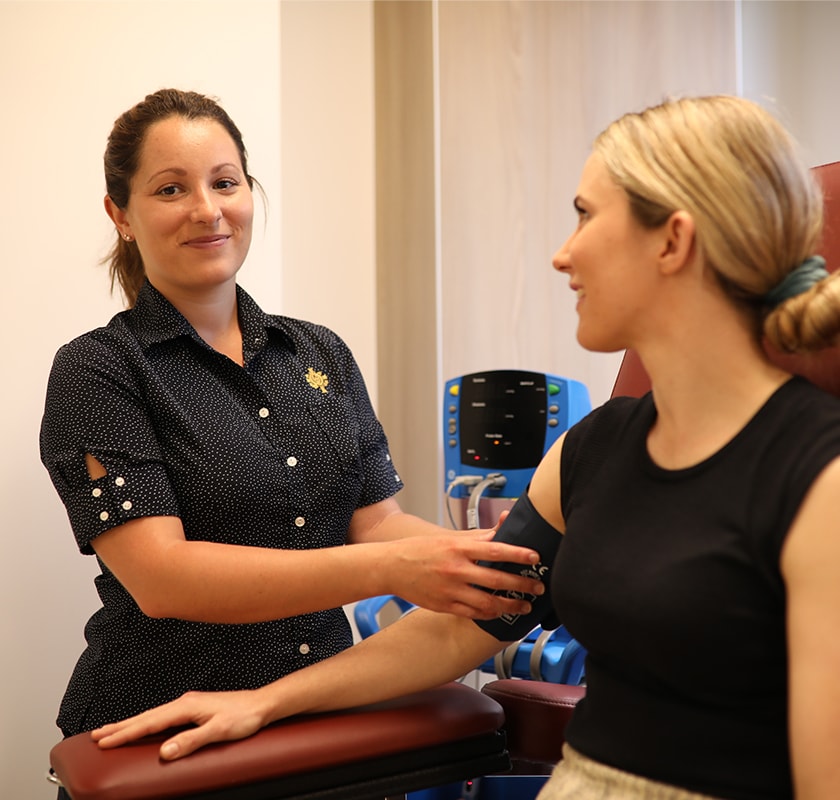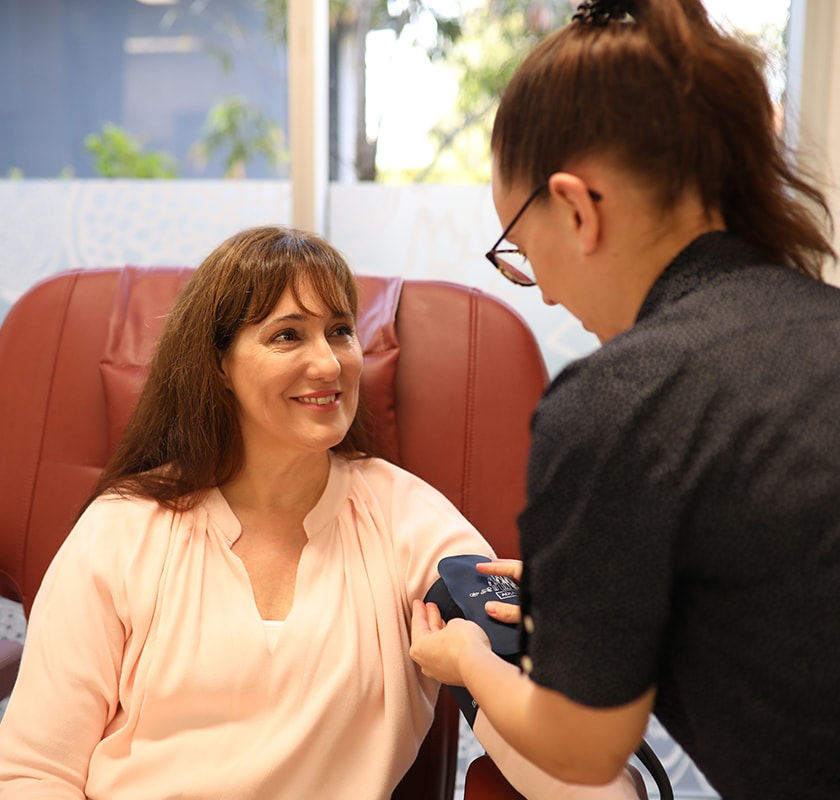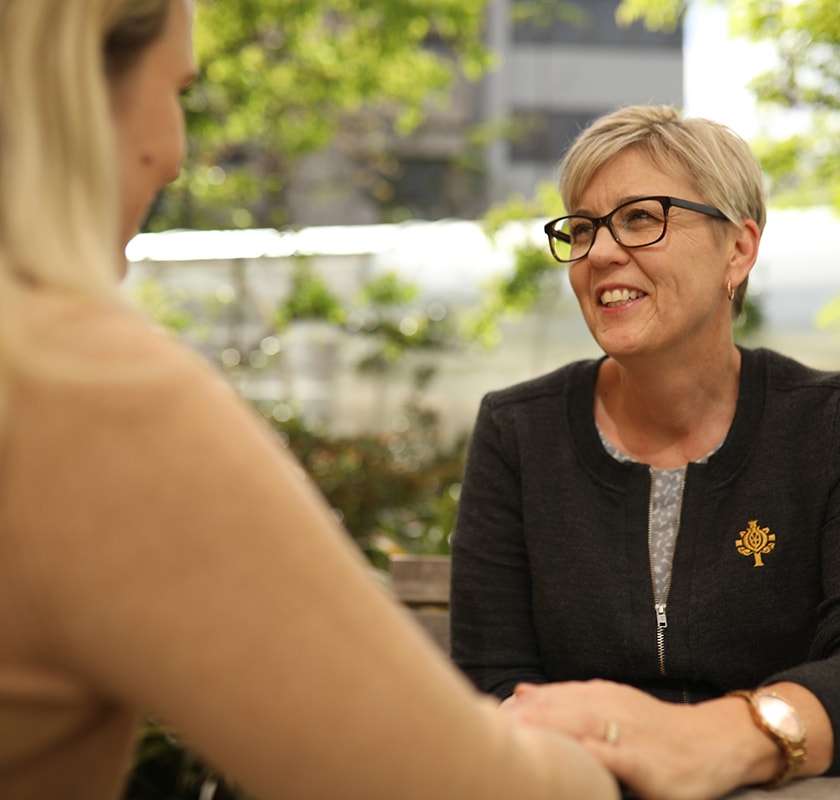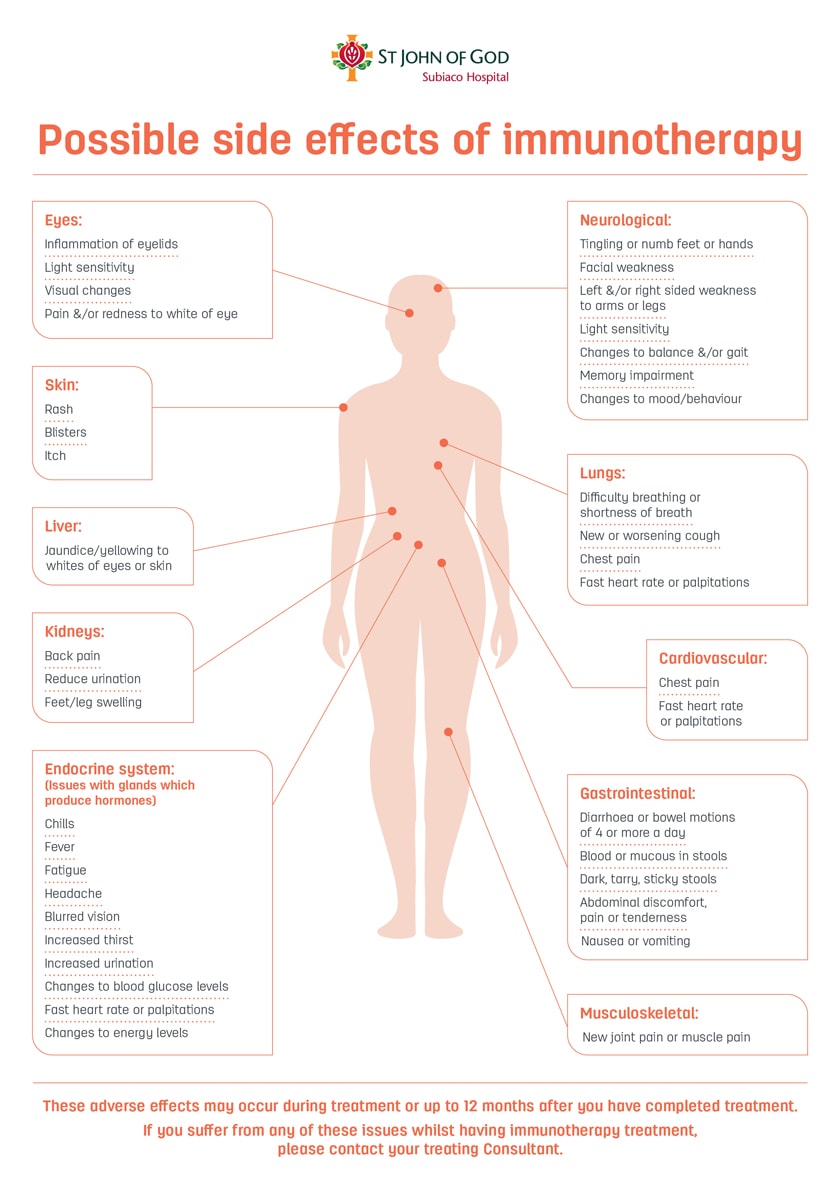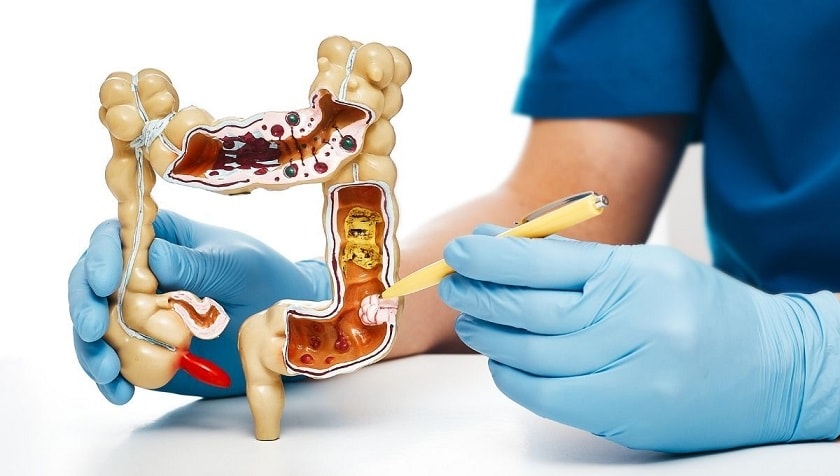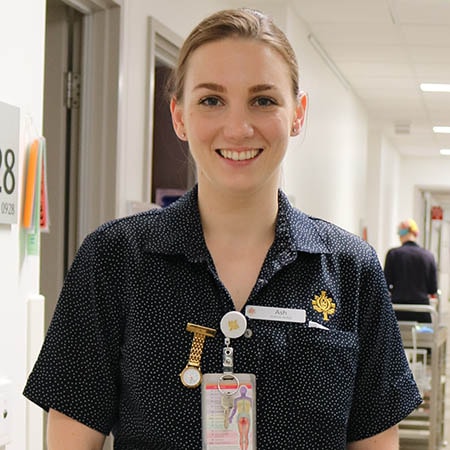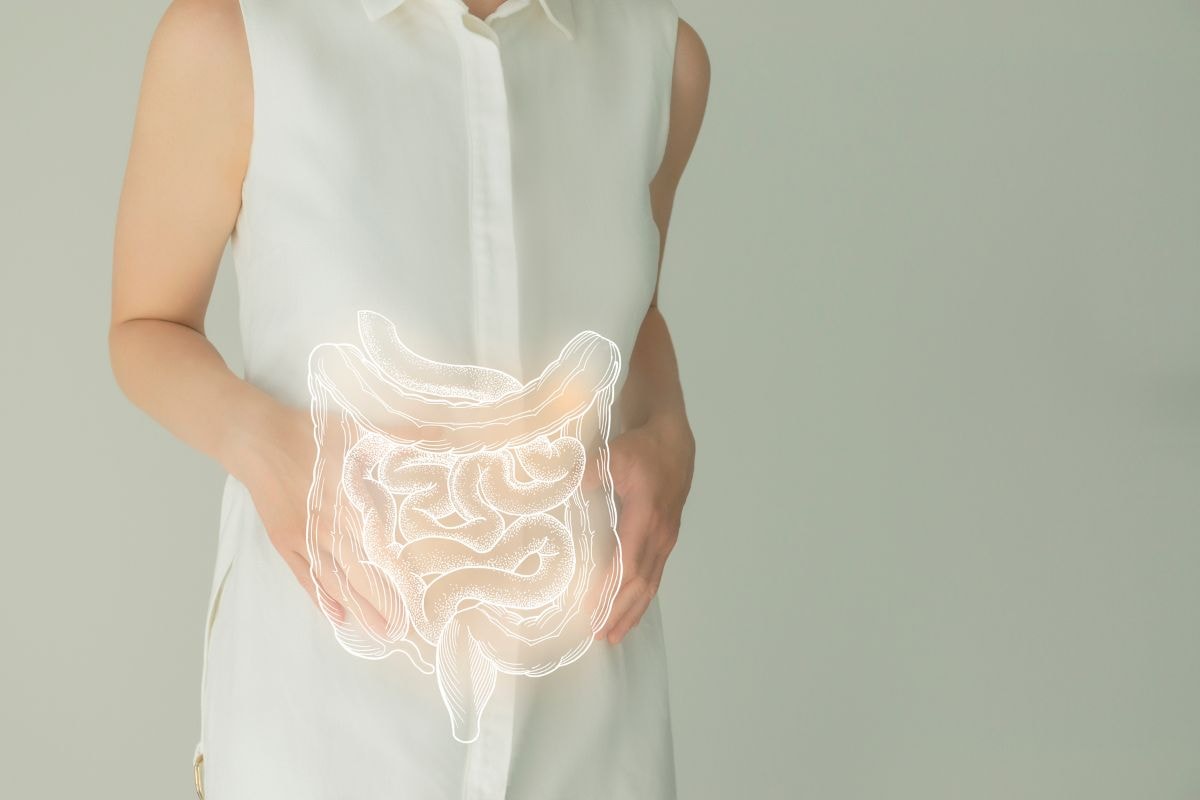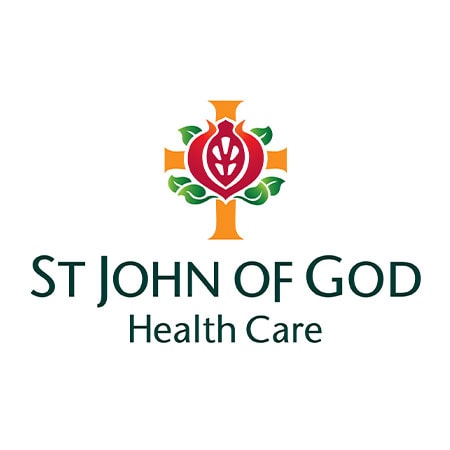Appetite
People undergoing chemotherapy can often experience a reduction in their appetite.
Some chemotherapy agents may change the way foods taste and this may make them less enjoyable. The treatment may also cause nausea, reduced activity, pain, anxiety, depression, difficulty swallowing and feeling full which can lead to a loss of appetite.
If your appetite is low:
- speak to the dietitian about advice on supplements
- eat smaller meals/snacks more frequently
- eat nutritious snacks that are high in protein and calories
- keep your favourite foods handy
- drink or sip fluids between your meals rather than with your meals to avoid filling up too quickly.
Nausea and vomiting
You may experience nausea that can make you feel unwell or lead to spells of vomiting. If you are nauseated or vomiting:
- eat smaller more frequent meals/snacks
- avoid sweet and fatty foods and foods with a strong odour
- stay out of the kitchen while meals are being prepared
- avoid lying down flat after eating
- wear loose clothing that does not compress your stomach
- try a snack of dry biscuits before getting out of bed
- try foods that are cold or at room temperature to avoid cooking smells
If you are unable to maintaining a good intake of food and fluids due to nausea or vomiting speak to your doctor. They may be able to prescribe medications to control this.
Constipation
Constipation is when your bowel movements are less frequent, and your stools are harder and more difficult to pass. This can be caused by both chemotherapy agents and some of the medications you may have been prescribed.
It is important to maintain a bowel regime close to how it was before you started chemotherapy as unmanaged constipation can lead to serious problems.
If you are constipated:
- Contact your doctor if you have constipation for more than 48 hours
- drink plenty of fluids, including juices and warm drinks
- eat high fibre foods including fruit, nuts and vegetables
- keep as active as possible - go for a walk if you are able to
- take laxatives as prescribed by your doctor, and seek advice if constipation persists
- avoid suppositories and enemas unless directed by your oncologist/haematologist.
Diarrhoea
Diarrhoea is when your bowel movements are more frequent and looser, sometimes to the point where your motions are watery.
If you have diarrhoea:
- if you have 4 or more episodes of diarrhoea within a 24 hours period contact your doctor
- take anti-diarrhoeal medication as prescribed by your doctor, and contact your oncologist/haematologist if your diarrhoea persists
- drink lots of fluids - avoid caffeine and alcohol
- avoid highly spiced foods and fatty foods
- cut down on your fibre intake by replacing wholemeal bread and cereals with white varieties
- remove the skins and seeds from fruits and vegetables and avoid nuts and seeds
- sometimes diarrhoea can cause a temporary lactose intolerance, if ordinary cow’s milk makes your diarrhoea worse, try using soy milk or a low lactose milk.

